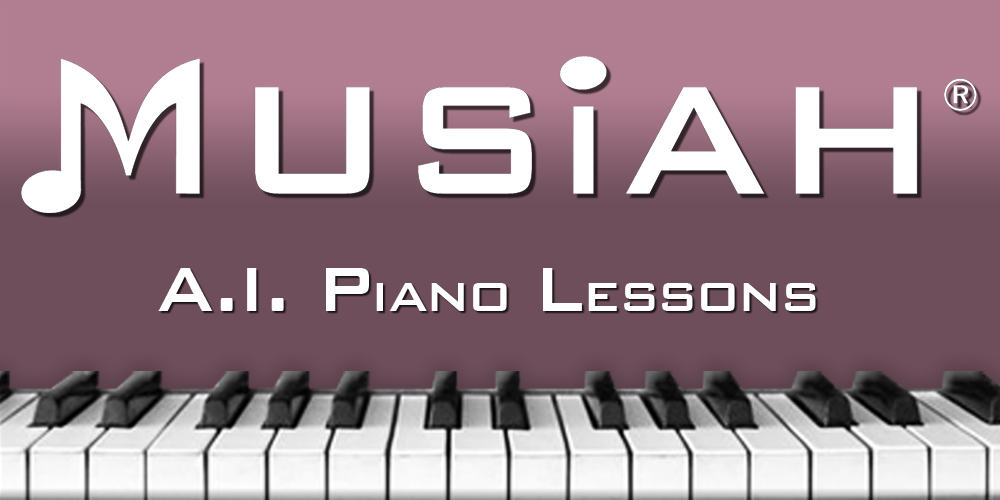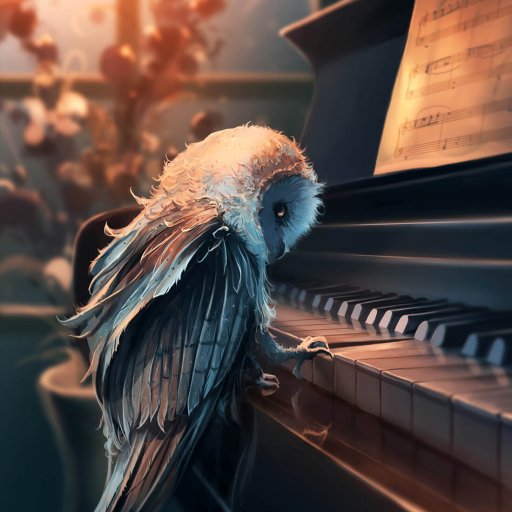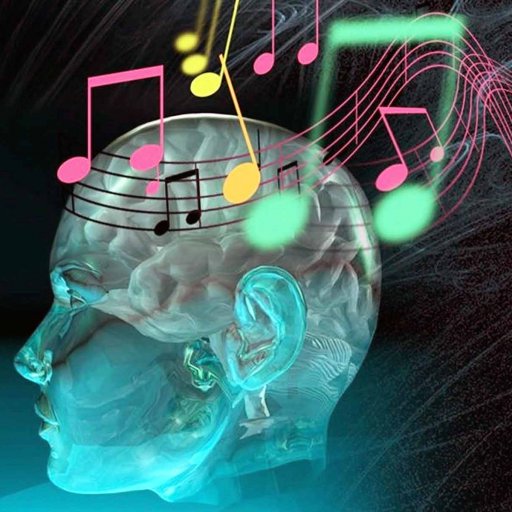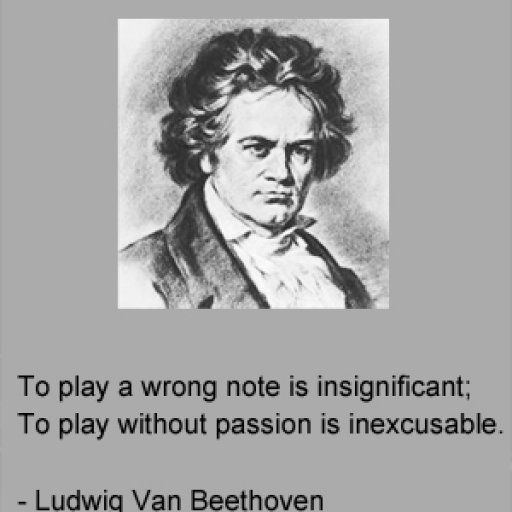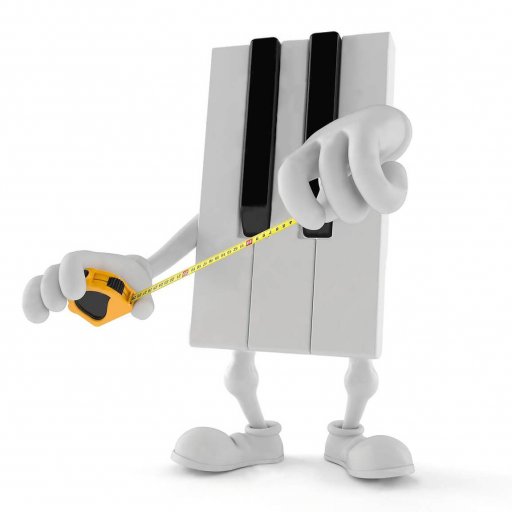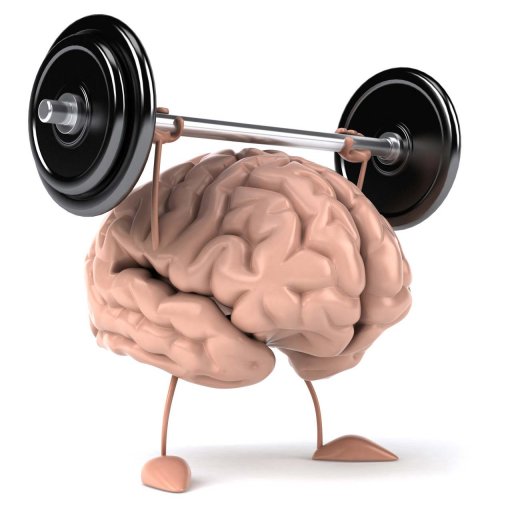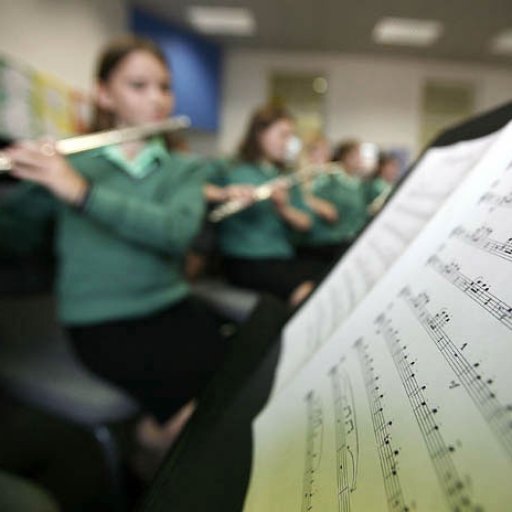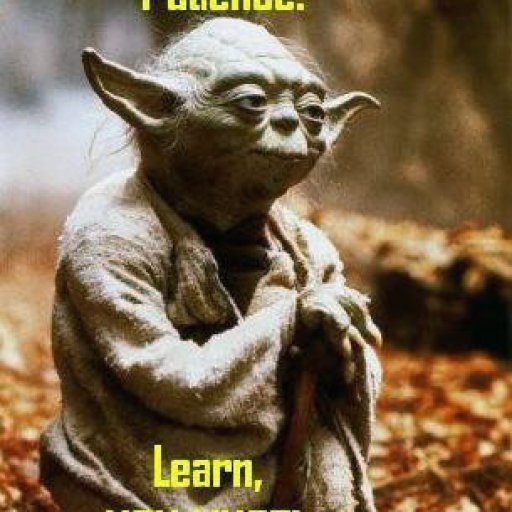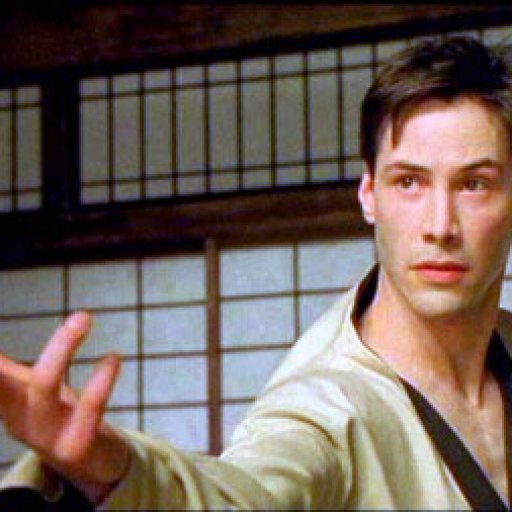Learning Piano — The Key To Success
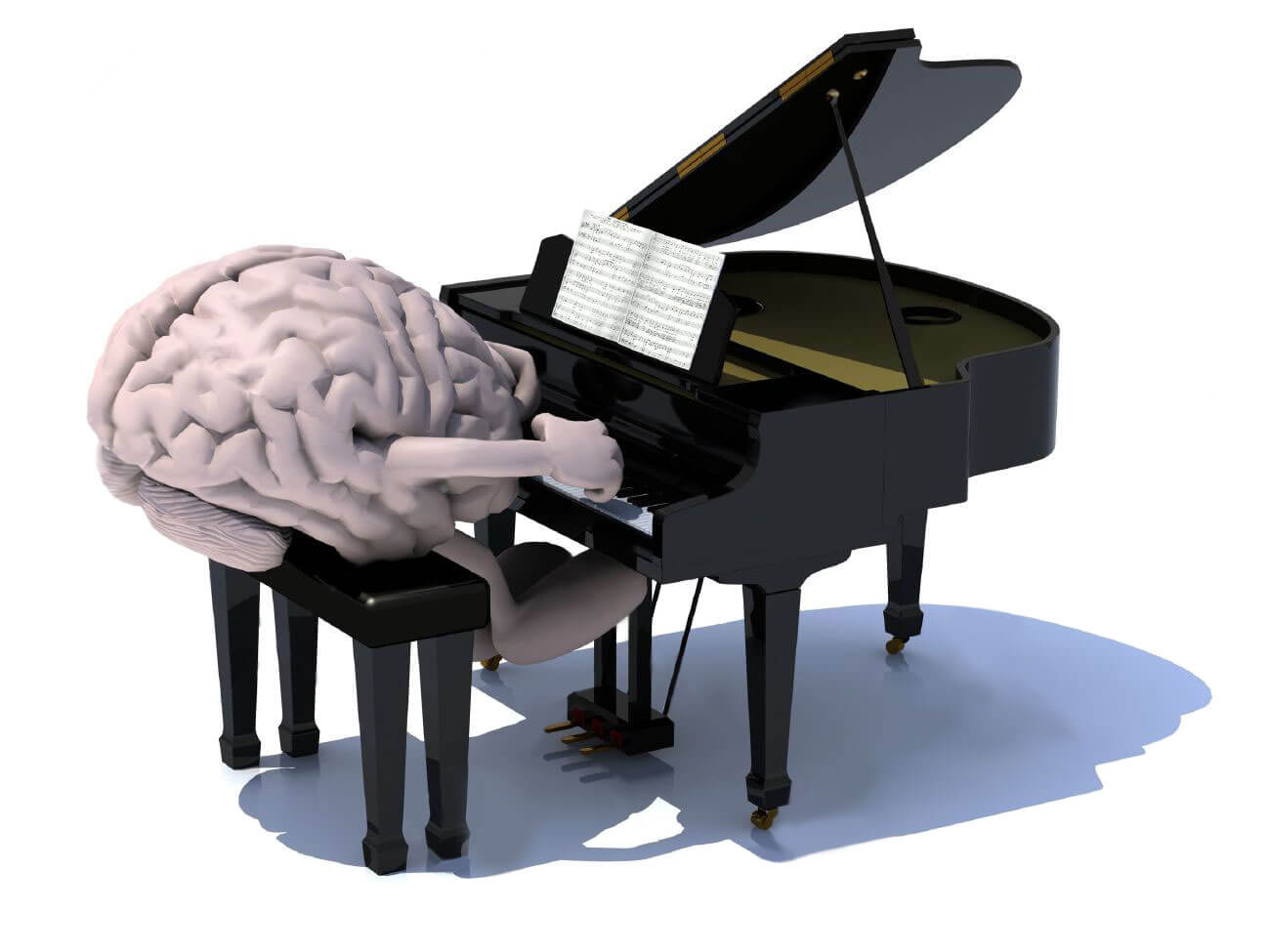
It has long been known that learning a musical instrument, particularly learning piano has great benefits, not only in terms of our academic development, but also in terms of our self-esteem and our sense of self-worth.
Many studies have been conducted that support this. For example, some years ago a Swiss study involving 1200 primary school children divided the children into two groups. One group received extra maths tuition for two years while the other group had piano lessons and singing lessons. At the end of the two years, which group was better at maths? You guessed it, the piano / singing group.
Another similar study, also conducted in Switzerland, split primary school students into two groups. Half the students received private computer lessons while half the group learned piano. At the end of the study, the group who had learned piano were 34% better in the abstract reasoning skills required for maths, science, engineering and computers.
And the studies just keep coming. If you're interested, here is a link to an article that outlines the folllowing four kinds of success that learning a musical instrument provides to students:
- Success in society
- Success in school
- Success in developing intelligence
- Success in life
Why Piano Is The Most Beneficial Instrument To Learn
But of all the instruments you could learn, in my view piano is the most beneficial. Here are just some of the reasons why.
Firstly, unlike other instruments such as guitar or violin where you cannot see the notes on the instrument, learning piano is visual. Being able to see the notes (or more correctly the keys) makes music easier to understand, and this opens the doorway to really grasping music theory, i.e. how music is put together by composers, thereby opening the doorway to composing and arranging.
Second, learning piano also introduces students to reading both treble and bass clefs, which is of enormous benefit if a student wants to try learning a second instrument or singing in a choir.
Third, piano is also one of the few instruments where several melodies can be played simultaneously, e.g. on a flute, you can only play one note at a time. This playing of several melodies simultaneously (counterpoint) is a fantastic form of mental training that encourages the development of split concentration, i.e. the ability to concentration on several things at once.
Finally, piano is also one of the most accessible of instruments, suitable for learning by even the youngest of students.
One could say that learning, in the broad sense of the word, is the ultimate journey of self-discovery. Through learning, not only do we discover that we have the ability to learn, but also, as we become better and more confident at learning, we come closer to attaining the goal of every human being — to live an effective life — one in which we can learn to achieve, create or be whatever we choose.
Benefits Of Learning Piano
But there’s something extra special about learning a musical instrument, particularly piano, that lifts the spirit even more than listening to music or playing music. Learning music is about discovering not only music and the sounds and emotions that go with it, but also our ability to create music, which brings us closer to our essence as human beings — the only species (on this planet) capable of creativity.
Learning piano combines academic learning and physical learning (as in the physical technique required to play a piece of music) with the development of intuition, instinct, artistic expression of feelings and emotions, and an extremely heightened zen-like awareness of oneself and one’s surroundings in a unique way.
And as you discover your abilities in the field of learning and making music — an area that crosses the divide between physical, academic and spiritual endeavours — you discover that you can create and learn and grow in ways you never thought possible.
What you may not realise is that you have been born with a great gift — the ability to teach yourself anything you want to learn, and to learn anything you choose.
This is what learning piano has taught me. And if you choose to learn piano, and you stick with it, it will do the same for you.
So give yourself an amazing gift (and your children, if you have them). Start learning piano today.
Take our Online Piano Lessons 14 Day Free Trial.
Thanks for reading,
Brendan Hogan L.Mus.A, A.Mus.A.
Piano Teacher & Musiah Inventor
HELPFUL LINKS
Piano Lessons Or Keyboard Lessons – What's the difference?
Weighted Keys Vs Unweighted Keys
Getting Started (What equipment do I need?)
MIDI Keyboard Requirements for Musiah
The 3 Different Kinds Of Keyboard Lessons
RECOMMENDED ARTICLES
Online Piano lessons – Do They Work?
Piano Lessons For Adults
Piano Lessons For Kids
Piano Lessons For Beginners
Advanced Piano Lessons
Free Piano Lessons (on piano technique)
The Best Piano Method
The Best Piano Learning App
Learning To Play Piano As An Adult – Why it's easier than you think!
